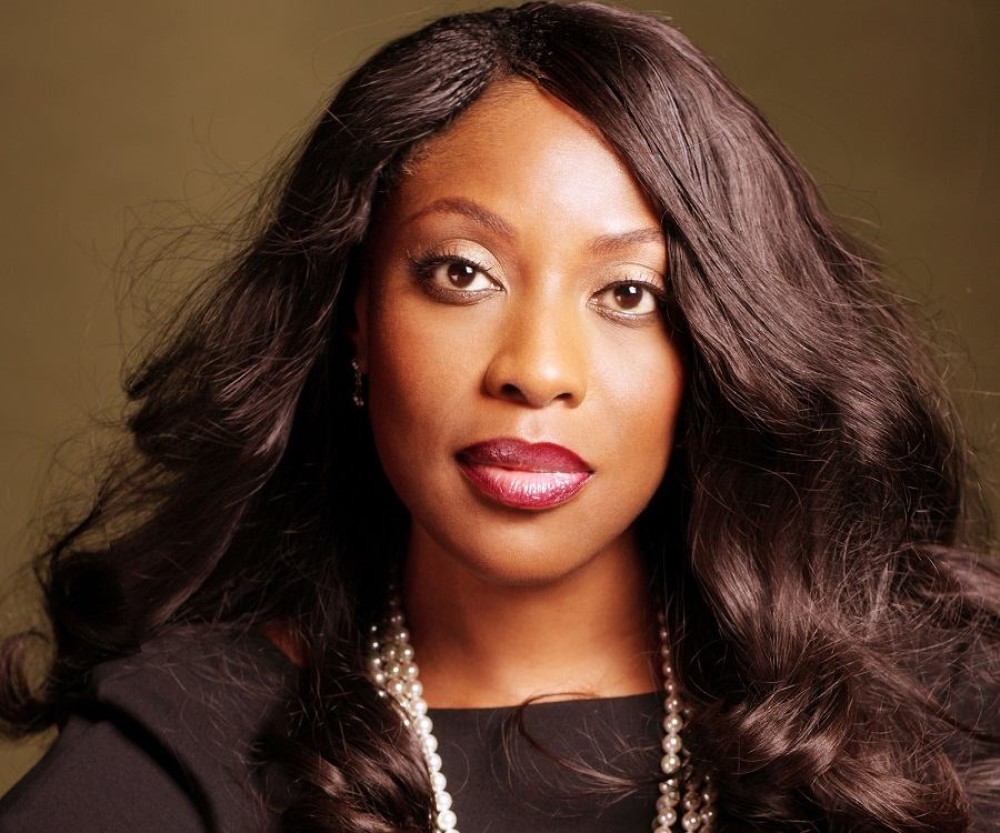
Although born and educated in London, Mo Abudu spent several of her formative years living with her grandparents in southwestern Nigeria. The move back to Africa was born of tragedy – Abudu and her mother left London shortly following her father’s death – but gave her a growing perspective of just how disconnected Europeans and Americans are from day-to-day African life.
Throughout secondary school, she was met with questions from English students who were clearly only shown a small part of what life was like in Africa. They would ask her if she had danced around a fire, or lived in a hut or a tree. She went on to attend West Kent College and received a Master’s Degree in Human Resources Management from the University of Westminster in London.
She began her career in London at a recruiting agency in 1987, but by 1993 she felt called back to Nigeria. After heading a Human Resources department at Exxon-Mobile, she shifted her career towards media. She created, produced, and acted as presenter for the series Moments with Mo, the first syndicated talk show on African regional television, and later founded the TV station Ebony Life Television (ELTV).
The now-defunct ELTV network aired in 49 African countries as well as in the Caribbean and the UK. Abudu has been referred to as “the Oprah of Africa” due to her wide success as a Black female presenter and her dedication to sharing uniquely African stories. She was a key player in getting Netflix to pick up the Nigerian show Castle & Castle, a law drama she co-created that centers around a husband and wife team of lawyers, but also brings Nigerian cases and issues to TV.
“I think people are tired of storytelling, to a certain extent, from the West because you’re seeing the same stories time and time again — can I just have something new, something fresh?” she said. “And I think the likes of Netflix have understood this.”
She was awarded the MIPTV's 2019 Médailles d'Honneur in Cannes, and was the first African to receive the honor. She was also in the Powerlist top 100 most influential people in the UK of African/African-Caribbean descent.
